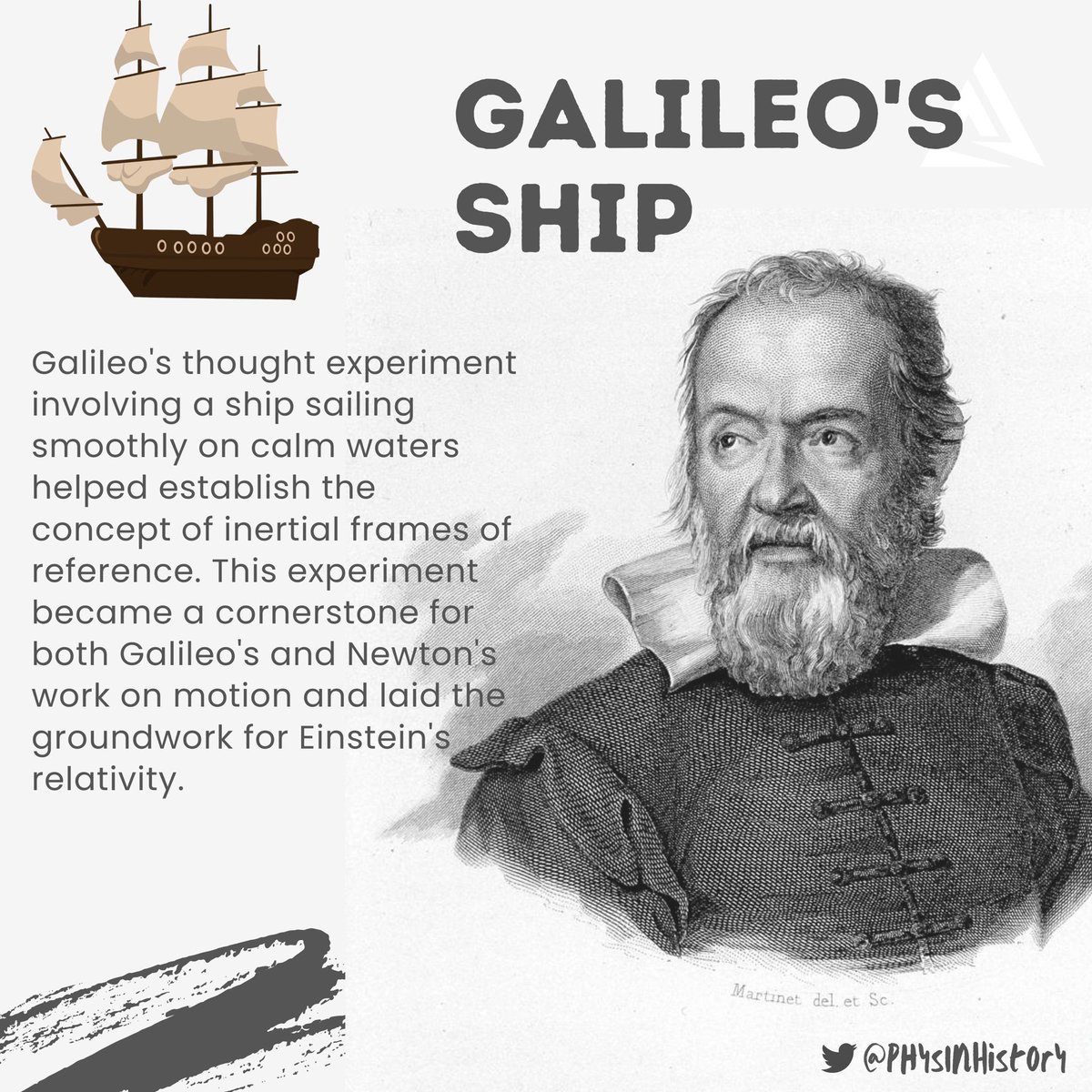That's it for this thread. If you like our work and want to support us, then you can subscribe to our account.
We share historical facts, physics, and mathematics accounts & resources, and also interact with our supporters.
Keep learning and stay curious! 🧠
We share historical facts, physics, and mathematics accounts & resources, and also interact with our supporters.
Keep learning and stay curious! 🧠
Check out our other threads on Physics and Mathematics:
https://twitter.com/PhysInHistory/status/1655956042877124609?s=20
• • •
Missing some Tweet in this thread? You can try to
force a refresh


























